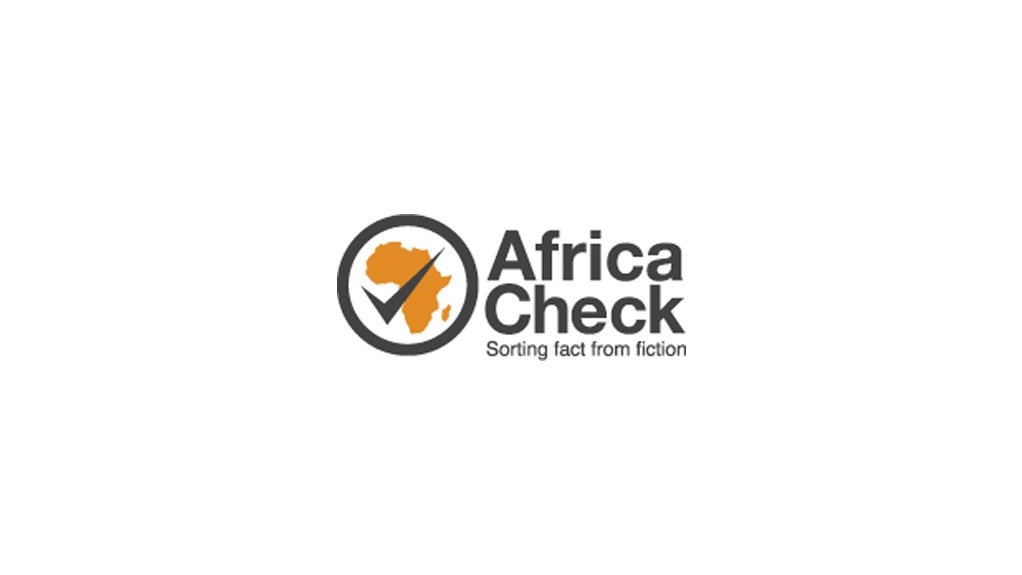Nigeria’s election season is in full swing, with the main parties having nominated their flagbearers across the different levels of government.
The country on 12 June 2022 observed Democracy Day, which marks its return to democracy after years of military rule.
Muhammadu Buhari was elected president in 2015 on an All Progressives Congress ticket before winning re-election in 2019.
In campaigning for both elections he made a raft of promises to voters. These cut across a wide range of sectors, from education, healthcare, and electricity to the economy, job creation and national security.
The current campaigns will present voters with the chance to take stock.
In January 2019, the president claimed he had delivered on the promises he made to voters while campaigning four years earlier.
After re-election, he told his cabinet that his “last lap” of four years would be tough as he planned on keeping his campaign promises to Nigerians.
But has he delivered? To help you evaluate this, our Promise Tracker has tracked delivery on 20 key promises over the years.
With less than a year to go, the verdicts tell of a race against time. Of the 20 promises we have tracked in recent years, we rated only three as kept.
Another eight are in progress, meaning there is still a chance they could be met before May 2023 when Buhari is expected to hand over office to the next president. For some of these however, such as on electricity generation, the odds are heavily stacked against him.
Nearly half - nine - have not been met, including on funding to education and healthcare.
We extracted the 20 promises from the APC manifestos in 2014 and 2019 and media reporting. The process did not lack intrigue - the party memorably disowned some of its promises.
Here are some of our verdicts:
1. Make the economy one of the fastest-growing emerging economies in the world with real GDP growth averaging at least 10-12% annually
Verdict: Broken
Nigeria’s economy fell into recession in 2016 and recovered in 2017, before slumping again in 2020 due to the Covid-19 pandemic.
Since Buhari took office in 2015, the highest annual GDP growth rate recorded is 3.4% in 2021, less than half the target.
2. Vigorously pursue the expansion of electricity generation and distribution of up to 40 000 megawatts in four to eight years.
When made: 2014
Verdict: In progress
With the target pared back to 11 000 megawatts (MW) in 2019, the administration could still meet it.
It is a race against time however: Seven years into Buhari’s term, Nigeria’s power generation has consistently remained under 6 000MW.
3. Target up to 10% of our annual budget on education
Verdict: Broken
After seven attempts, Buhari’s administration has failed to allocate 10% to education.
The closest it came to it was in 2016 when it allocated about 8% of the national budget to education.
4. Increase the proportion of federal government spending on healthcare from 5.5% to 10%, and bring it to 15% by 2020
Verdict: Broken
The APC government has failed to reach any of the two targets in this promise. The health sector has consistently got less than 5% of the national budget since 2015.
5. Work with the National Assembly towards the immediate enactment of a Whistleblower Act
Where from: Media tracking
Verdict: Kept
In July 2017, the Nigerian senate passed the Whistleblower Protection Bill. Other bills passed by the senate in relation to the Buhari administration’s anti-corruption fight include the Mutual Assistance in Criminal Matters Bill and the Witness Protection Bill.
Billions of naira have since been recovered under these laws.
Researched by Africa Check
EMAIL THIS ARTICLE SAVE THIS ARTICLE
To subscribe email subscriptions@creamermedia.co.za or click here
To advertise email advertising@creamermedia.co.za or click here











